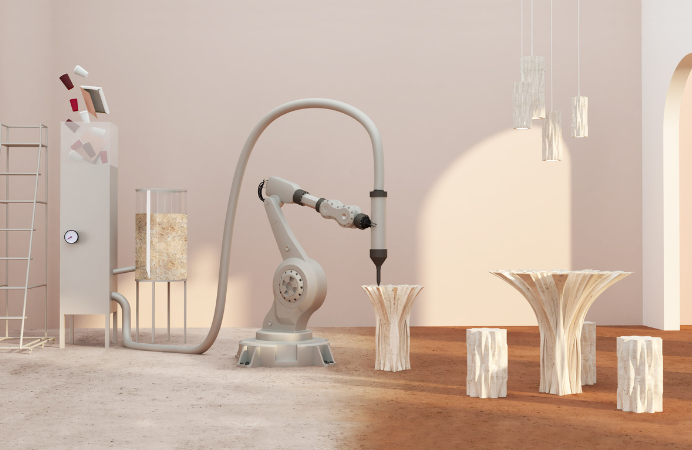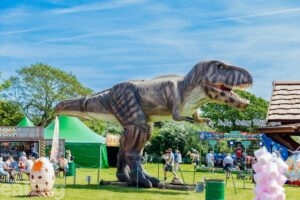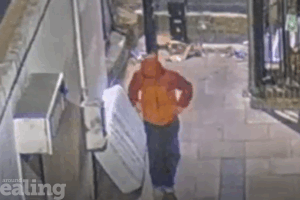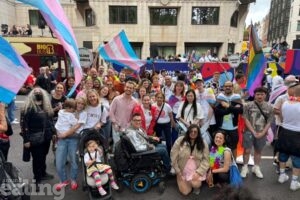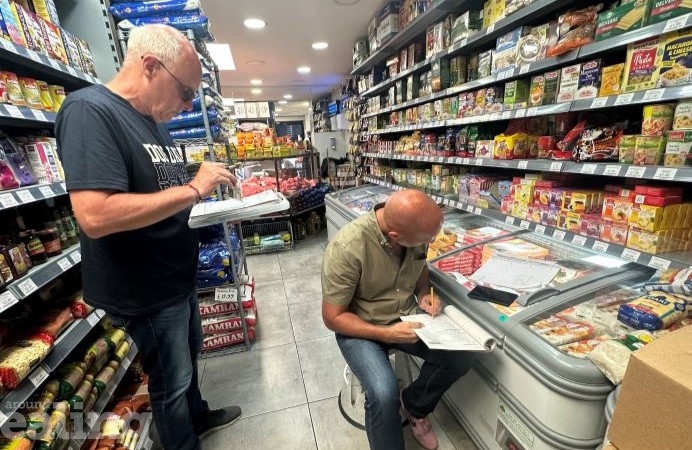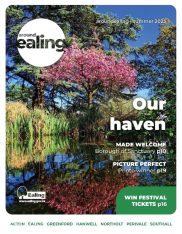In this new series, we are introducing you to the innovation pioneers of Ealing – small businesses with big dreams of doing new or better things to benefit our area and beyond.
In November last year, Ealing Council launched its pioneers’ fund, a scheme that provides grants to small and medium sized businesses to help them grow, develop new products or expand their workforce while stimulating the local economy. The £1million pot was shared out among 12 selected businesses based in the borough, that were each able to demonstrate how the funding would help accelerate growth and create new jobs.
Ealing innovation pioneers: Meet BioBlast
BioBlast is transforming coffee cup waste into furniture and architecture through 3D printing technology.
The company is on a mission to educate consumers about the connection between waste and recycling where people can see what happens with their waste beyond placing it in the bin.
Bioblast’s Pierre de Pingon told us: “We want to have a transparent process that showcases what your waste can become – how a coffee cup ends up being a lamp, chair or table through live 3D printing performance.”
How it started
BioBlast cofounders Paola, Martin and Pierre, all with backgrounds in architecture, started their business in 2019 researching, experimenting and developing.
Pierre went on: “We started this project to tackle two issues – coffee cup waste production and the high emissions of manufacturing furniture.
“On one side, 30,000 tons of coffee cups are produced in the UK each year – that’s a lot of waste. They need to go through a specific recycling process 200 miles from London because they are contaminated by drinks, which makes them very difficult to recycle. On the other side, manufacturing furniture forms 8% of the global emissions.”
BioBlast drew inspiration from nature, where there is minimal waste. Pierre adds: “We tried to replicate the cycle and mechanism that already exists in the forest and bring it to the city. We take the waste, transform it into biomaterial and print it into furniture or architecture, creating a circular economy.”
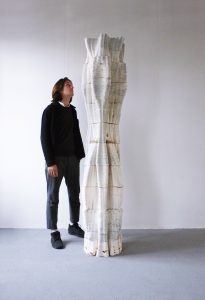
Business model
BioBlast creates pieces of any size and shape according to their client’s need. They also use natural pigment to dye their furniture and fungi, which is part of the degradation process, as a recycler – just like in nature.
“We mainly work with businesses to create an experience for people while also addressing waste,” said Pierre. “Each year we have 30,000 ton of takeaway coffee cups and only a maximum of 100 coffee cups can be used to create a lamp. That’s why we are going more into architecture and bigger projects so we can utilise the large amount of waste.”
One of BioBlast’s current projects is for a museum where they are transforming their waste into lamps and furniture for their restaurant, set to be the first 3D printed architecture made of waste. They are also taking part in London Design Festival at North Acton Square.
Future plans
“Since we wanted to bring a factory inside the city, we needed a small but efficient space with a very small footprint which City and Docklands kindly provided us with. We came up with a technique where we collect the coffee cups, shred them and sterilise them to create a kind of paste that we can place into a machine to create architecture. The pioneers’ grant helped us to develop this idea more.”
“We want to engage with people and start a conversation about recycling. We want to have a space with windows where people can see the recycling process and end product themselves. We are also delivering community workshops.”
BioBlast is also planning to use the pioneers’ grant to hire a manufacturer and a sales/ marketing professional.
Why Ealing
“When we arrived in London, we settled in the West. After visiting studios in other parts of the capital, we came across artists’ studios converted from a warehouse. With other artists around we really felt like home in Ealing.”
Stay connected
Get business updates from the council to learn about any upcoming business support or grants.
